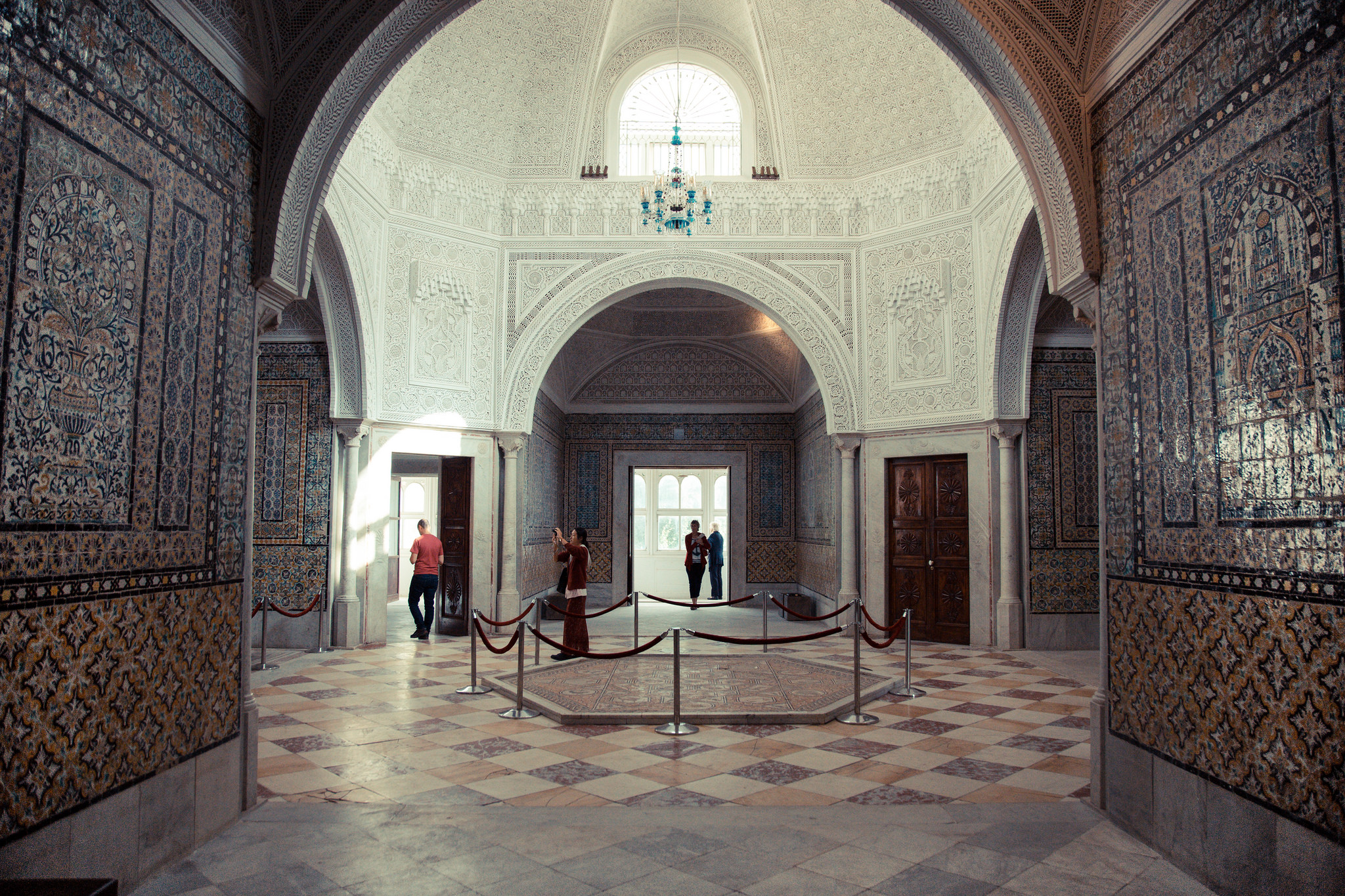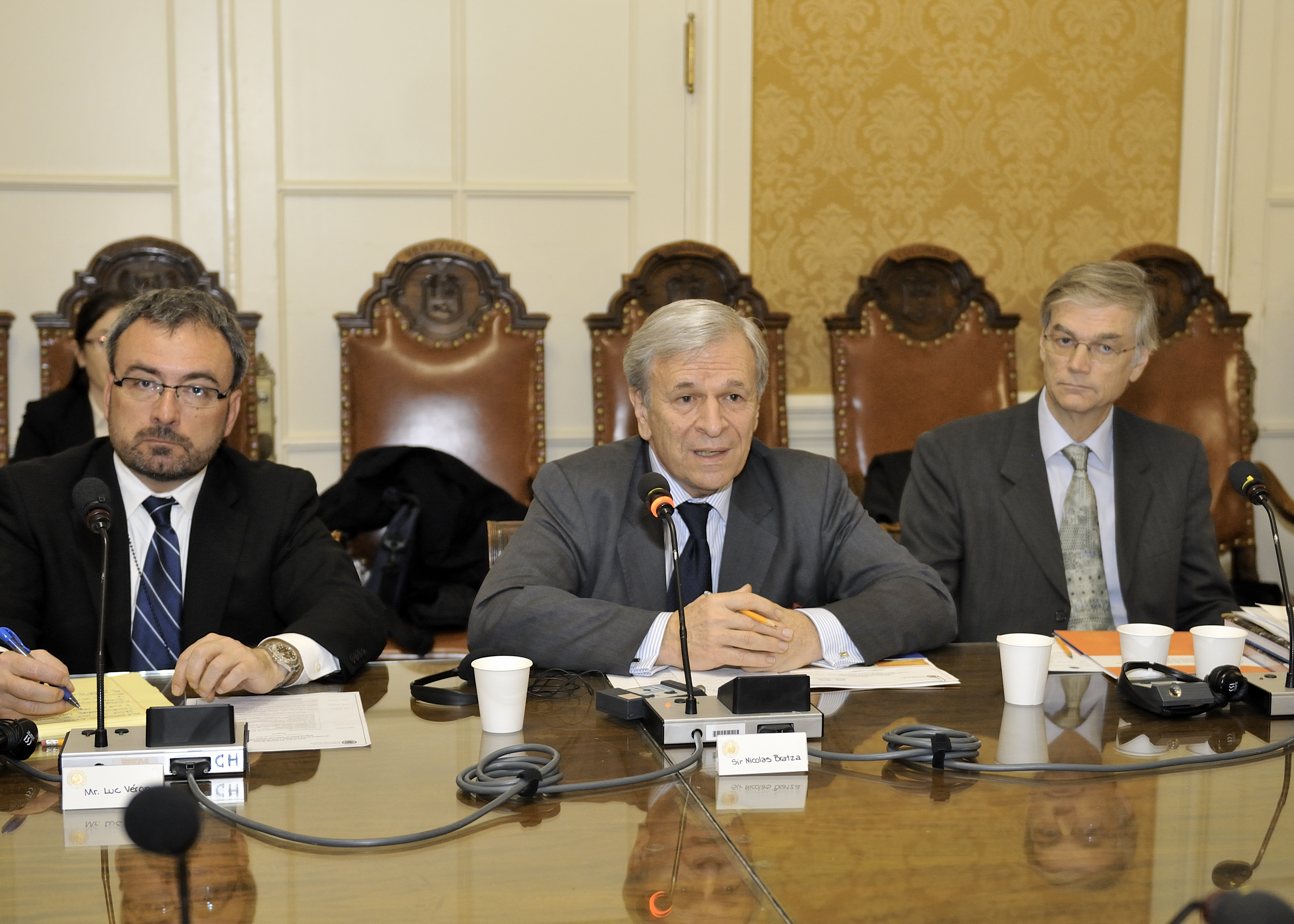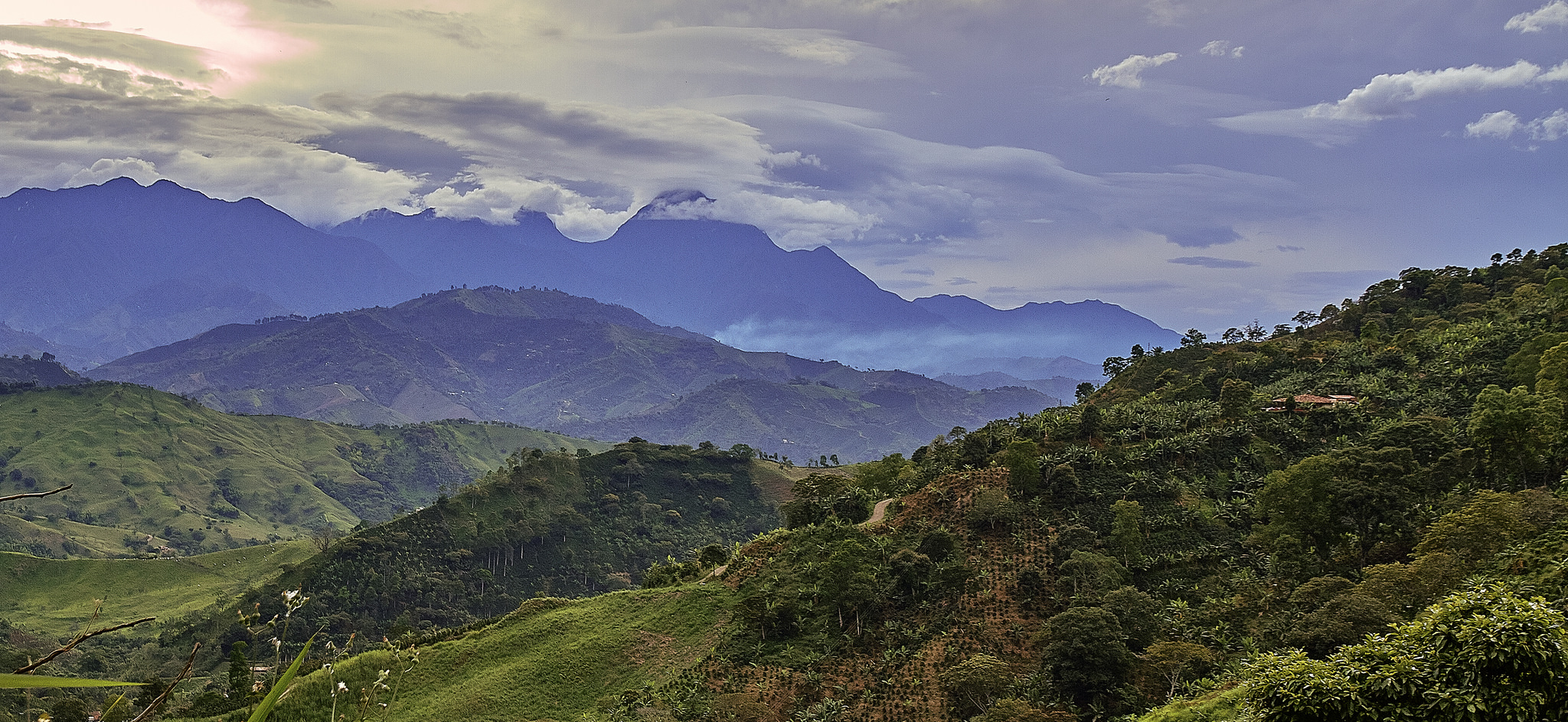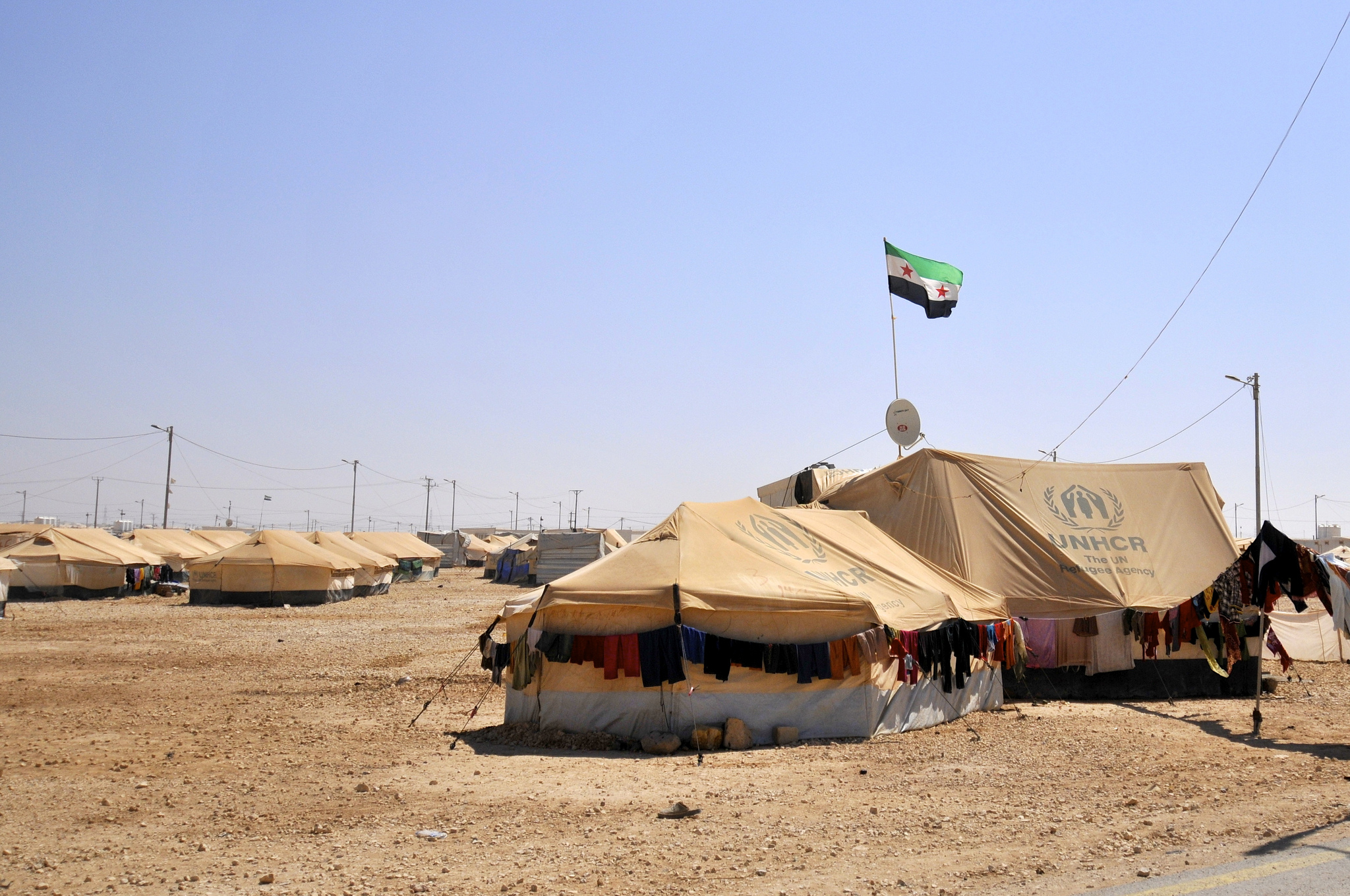By Sarah Bush and Lauren Prather

Earlier this week, armed men opened fire on tourists getting off buses to visit the Bardo National Museum in Tunis. By the end of their assault three hours later, they had killed at least 23 people, including at least 20 international tourists and two Tunisians. At the time of writing, various extremist groups, including the Islamic State, have claimed responsibility for the attack, although uncertainty about who was involved remains.
If you listen to the news, the tragic attack spells trouble for Tunisian democracy. Just a few months ago, Tunisia was declared “country of the year” by The Economist and “free” by Freedom House. However, in the aftermath of the attack, one of the main worries expressed by commentators is whether popular support for democracy has been undermined and whether anti-democratic elites will be empowered. Implicitly, their assumption is that the Tunisian people believe authoritarian governments are better equipped to provide order and stability when faced with threats to security, including terrorism. At the moment, these worries are mostly speculation. A survey we fielded to a diverse, national sample of Tunisians in January 2015 – just after the end of the 2014 Tunisian election cycle – can help shed some light.
In the survey, we asked Tunisians how much they agreed with the following statement: “Democratic systems are not effective at maintaining order and stability”. Of the 1,100 people surveyed, 38% agreed with the statement, 53% disagreed, and 9% weren’t quite sure. These responses suggest that Tunisian society was rather split before the attacks over whether democracies can meet the security challenges they face today, even though a majority seemed to think that they can.
Despite Tunisians’ varied beliefs, however, about the relationship between democracy and stability, they still overwhelmingly expressed support for democracy as a form of government. 87% of respondents agreed that, although democracy has its problems, it is better than other forms of government.
One key question is whether the perceived democracy/security tradeoff varied by partisanship. It would be easy to assume that the two main parties – Ennahda, the largest Islamist party, and Nidaa Tounes, the largest secularist party – might diverge. Observers have been particularly worried about how Nidaa Tounes, which won both the legislative and presidential elections and contains members of the former authoritarian regime, might roll back freedoms achieved by the revolution.
Among the public at least, attitudes about democracy and security are relatively consistent across parties. 51% of Nidaa Tounes supporters and 56% of Ennahda supporters disagreed with the statement that democracies are not effective at maintaining order and stability. In other words, majorities in both parties felt that democratic systems can effectively manage the security environment. The pattern is similar when we compare people who do and do not support President Beji Caid Essebsi of Nidaa Tounes. Thus, although some Tunisians are skeptical that democracies can provide security, these views are not particular to the supporters of one party or candidate.
It is difficult to say just what Tunisia’s future holds. One particular area of concern is the economy, which has been in the doldrums and will suffer another blow when tourists stay away post-attack. Another is whether the attack might encourage the passage of an anti-terror law that human rights activists have criticized. Writing about the Bardo attack earlier this week, Mischa Benoit-Lavelle had the following to say:
The attack yesterday came—perhaps coincidentally, perhaps not—on a day when hearings were scheduled for a new anti-terror statute intended to replace the 2003 law. The proposed bill was originally intended as a reform but instead preserves many of the current law’s worst features. According to a statement issued by Human Rights Watch, “It includes provisions that would open the way to prosecuting political dissent as terrorism, give judges overly broad powers, and curtail lawyers’ ability to provide an effective defense.” After Wednesday’s attack, politicians from multiple parties announced their desire to expedite the process of signing the bill into law… At a spontaneous rally on the steps of the National Theater in the hours after the attack, a woman held a sign saying, “No human rights for terrorists.”
But the evidence from our survey suggests that people may be rushing too quickly to write off Tunisian democracy’s chances. Tunisians overwhelmingly support democracy, even though some of them perceive tradeoffs between democracy and security. That the potential democracy/security tradeoff isn’t a clearly partisan issue may also be a promising sign since it suggests that a rolling back of human rights and other freedoms by Nidaa Tounes may not be welcomed with open arms by the party’s supporters. In other words, let’s mourn the victims of this tragic act of terrorism – not the end of Tunisian democracy.
Lauren Prather is a Ph.D candidate in Political Science at Stanford.






